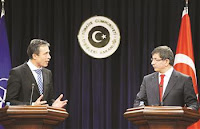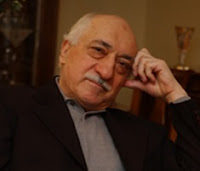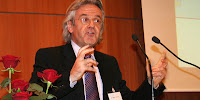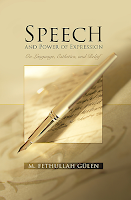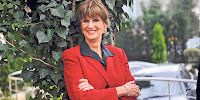During a speech given at the Turkish Grand National Assembly in October of last year, President Abdullah Gül talked about some of the problems the country could face in the near future. Among the most important issues was the need for a new constitution.
The necessity to throw out the almost 30-year-old constitution of 1982, he said stems from the fact that “The constitution currently in force does not meet our needs, attempts to restrict Turkey’s democratic maturity and diversity, and ignores the richness that Turkey represents.”
Not only is a new constitution vital in order to achieve true democracy in Turkey, he said, the way in which language is used in the new constitution is also extremely important.
“Up until now, our constitutions have been skeptical and rigid on the subject of freedoms, but expansive and flexible in language concerning restrictions,” Gül said.
In an article President Gül wrote for the Turkish Review he outlines exactly what changes and benefits the new constitution should bring to the Turkish people and the country.
He starts out by stressing that the new constitution should avoid going into too many details. Instead, he said it should “set out fundamental principles” which will allow for “flexibility and progress.”
The new constitution should also “strengthen and guarantee the concept of equal citizenship in every aspect on the basis of fundamental rights and freedoms for everyone,” he said.
“The road to ensuring this outcome is a freedom-based approach, acting under the precepts of a vision of trust in each and every individual in our nation, regardless of political view, orientation or background,”
Furthermore, keeping the achievements of the country’s last 200 years in mind, he said the new constitution needs to be uncompromising in protecting “the fundamental principles of [the] republic as a democratic, secular, social state respecting the rule of law shared by us all.”
Another element vital to the new constitution, the writer points out is that the “constitution should clearly depend on the general will of the people as in contemporary democracies, instead of implicitly providing for tutelage through other bodies of authority.”
The new constitution should also reflect “important qualities of contemporary democracies such as transparency and accountability,” and a system of checks and balances should also be established.
Most importantly, Mr. President said, “the new constitution should not bear the seal of any particular idea, party, ideology or doctrine.” It should bare only one seal, the seal of the Turkish nation.

 Monday, December 24, 2012
Monday, December 24, 2012



